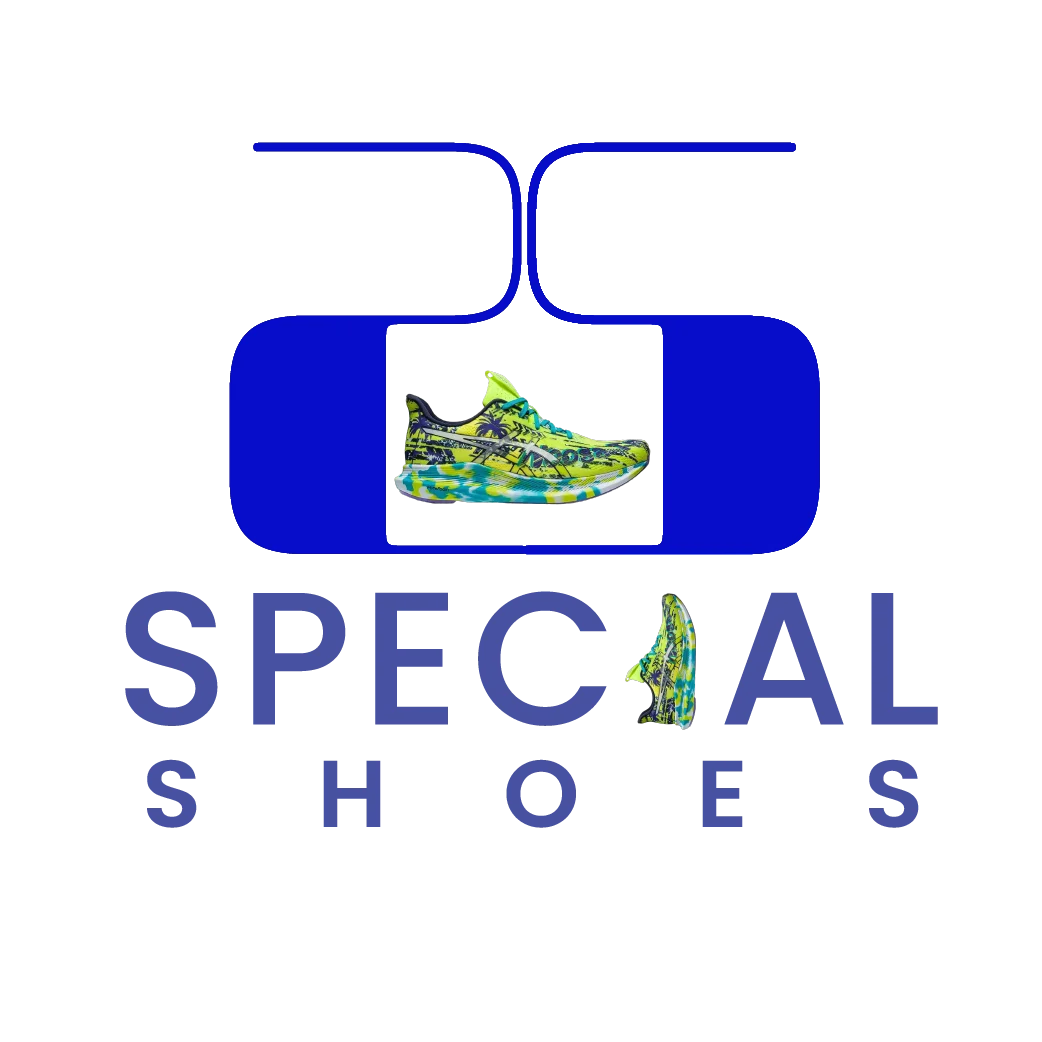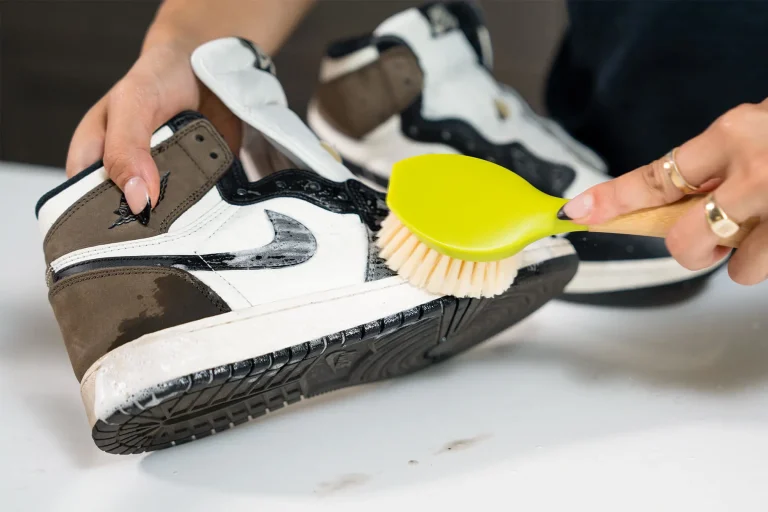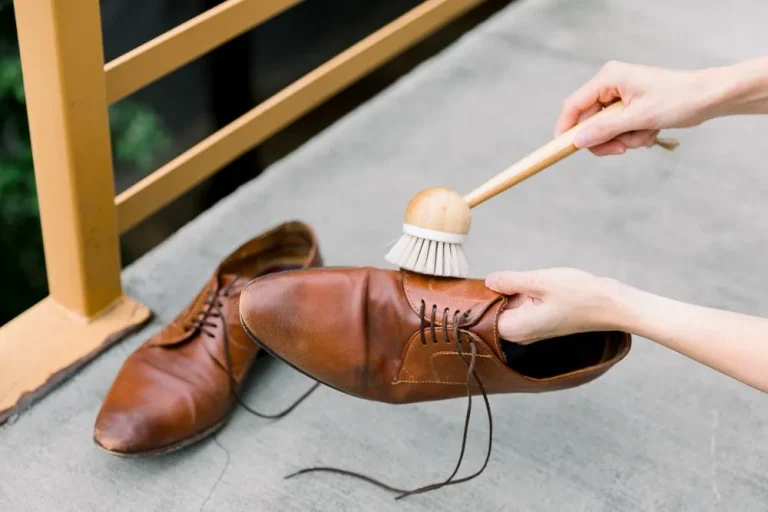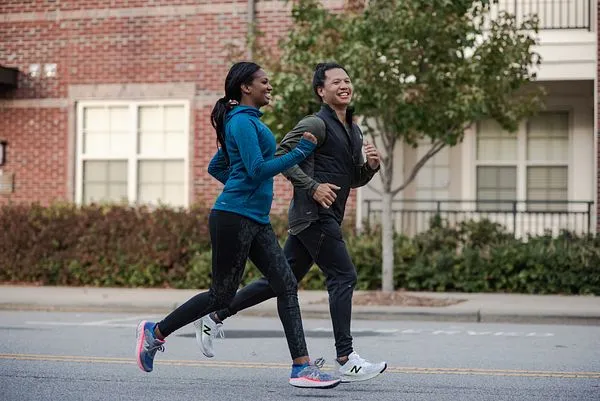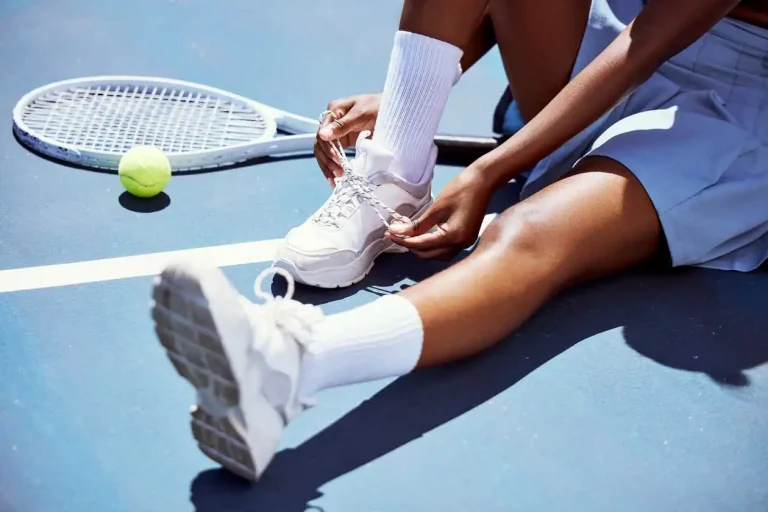What Running Shoes Should I Buy?
When it comes to choosing the right running shoes, there are several factors to consider. The perfect pair of running shoes can greatly enhance your comfort, performance, and overall running experience. Factors such as your running style, foot type, terrain, and personal preferences all play a crucial role in determining the best running shoes for you. In this blog post, we told you, What running shoes should i buy?
By understanding your specific needs and doing some research, you can make an informed decision and find the perfect pair of running shoes that will support you every step of the way.
How Should Your Shoes Fit?
When it comes to the fit of running shoes, there are a few key considerations. First, ensure that there is enough space in the toe box for your toes to wiggle comfortably. The shoes should provide a snug fit around the heel and midfoot to prevent slipping. It’s also important to have enough room for your feet to expand slightly during a run. Overall, your running shoes should feel secure, supportive, and comfortable without being too tight or too loose.

How Much Support Do You Need?
The amount of support you need in your shoes depends on various factors, including your foot type, biomechanics, and the activities you engage in. Here are some general guidelines:
Neutral Support
If you have a neutral foot type and don’t experience any significant pronation (inward rolling of the foot) or supination (outward rolling of the foot), you may not require excessive support. Shoes with a neutral or moderate level of support can be suitable for you.
Stability Support
If you have mild to moderate overpronation (excessive inward rolling of the foot), stability shoes with features like medial arch support or dual-density midsoles can help provide stability and control the pronation.
Motion Control Support
If you have severe overpronation or flat feet, motion control shoes with strong support features, such as firmer midsoles and reinforced arch support, can help control excessive foot motion and provide stability.
The level of support needed can vary from person to person. It’s recommended to consult with a podiatrist or footwear specialist who can assess your specific needs and provide personalized recommendations based on your foot type and biomechanics.
Do you need a gender-specific shoe?
There are gender-specific shoe models available in the market. These shoes are designed to accommodate the anatomical differences between men’s and women’s feet. Women’s shoes often have a narrower heel and a wider forefoot compared to men’s shoes. However, it’s important to note that not all individuals fit into these generalizations, and personal preference and comfort should also be taken into consideration.
If you identify as a man, you may find that men’s shoes provide a better fit and support for your feet. Similarly, if you identify as a woman, women’s shoes may be more suitable for you. However, it’s worth trying on shoes from both categories to see which ones feel the most comfortable and supportive for your specific foot shape and needs.
Ultimately, the most important factor is finding a shoe that fits well, provides the necessary support, and feels comfortable during your chosen activities.
Read More: What Running Shoes Are Banned?
Read More: Are Running Shoes Non Slip?
How Much Cushion Do You Want to Feel?
The “ride” provided by your shoes is determined by two aspects of cushioning. The firmness of the foam and the thickness (also called the stack height) of the shoe material between your feet and the ground. This material in the midsole is usually a type of foam, typically EVA or polyurethane, that helps absorb the impacts as your feet strike the ground.
Maximum Cushion
If you prefer maximum cushioning in your shoes, look for models with thick midsoles and ample padding. These shoes are designed to provide exceptional shock absorption and a plush feel during activities. Consider brands like Hoka One One, Brooks, or New Balance, which offer models with generous cushioning. Remember to try on different options to find the shoe that provides the level of cushioning you desire while still offering the necessary support and fit for your feet.
Moderate cushion
For those seeking moderate cushioning in their shoes, look for models that strike a balance between comfort and responsiveness. These shoes typically have midsoles with a moderate amount of padding to provide some shock absorption without sacrificing ground feel. Brands like Nike, Adidas, and Asics offer a range of options with moderate cushioning.
It’s important to try on different models to find the shoe that offers the right level of cushioning for your preferences and activities, while still providing the necessary support and fit for your feet.
Minimal cushion
If you prefer minimal cushioning in your shoes, look for models that prioritize a lightweight and low-profile design. These shoes typically have thin midsoles and minimal padding to provide a more natural and responsive feel. Brands like Vibram, Merrell, and New Balance offer options with minimal cushioning. It’s important to note that minimal cushioning may not be suitable for everyone. Especially for those with specific foot conditions or who engage in high-impact activities.
Make sure to try on different models and consider your comfort and support needs before choosing a shoe with minimal cushioning.
Heel drop and the total amount of cushioning are independent of each other; it is possible to find ultra-cushioned shoes that still have a zero or low drop.
Where Do You Plan to Run?
Road-running shoes
When it comes to road-running shoes, there are several factors to consider such as cushioning, stability, durability, and fit. Some popular road-running shoe brands include Nike, Adidas, Brooks, New Balance, and Asics. It’s important to find a shoe that suits your specific needs and preferences.
Here are a few road-running shoe recommendations:
Trail-running shoes
When it comes to trail-running shoes, there are a few key features to consider, such as traction, stability, durability, and protection. Trail-running shoes are designed to handle the uneven and rugged terrain typically found on trails. Here are some popular trail-running shoe brands and models:
Cross-training shoes
Cross-training shoes are designed to provide versatility and support for a variety of activities, including gym workouts, weightlifting, aerobics, and other cross-training exercises. These shoes typically offer a combination of stability, cushioning, flexibility, and durability. Here are some popular cross-training shoe brands and models:
Conclusion
When choosing running shoes, consider factors such as your running style, foot type, terrain, and personal preferences. It’s important to try on different brands and models, paying attention to comfort, fit, and support. Now you know: What Running Shoes Should I Buy? Additionally, reading reviews and seeking advice from professionals can provide valuable insights. Ultimately, the best running shoes for you will be the ones that feel comfortable, provide adequate support, and suit your specific needs.
